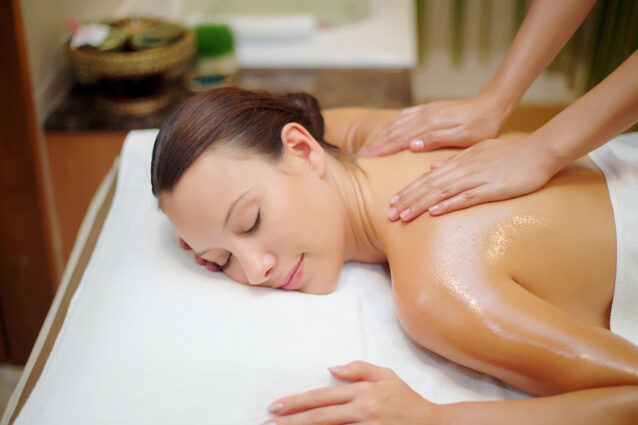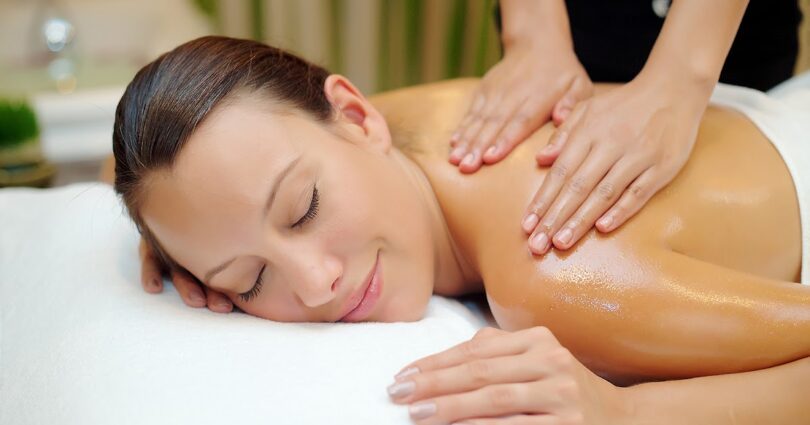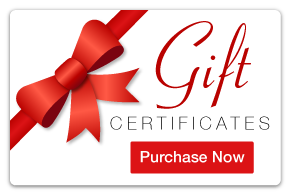ABHYANGA AYURVEDIC MASSAGE

Abhyanga is recommended as a cleansing procedure in Ayurveda. Abhyanga is an oil massage or oil rubbing, the positive effect of which has been known to Ayurvedic doctors for thousands of years. Literally, Abhyanga means “hammering”, “rubbing” oil into the body. The purpose of abhyanga is not to stretch the body, but to rub oil into the skin.
According to the science of Ayurveda, toxins accumulated in the body have a fat-soluble nature, so the oil helps to remove accumulated ama (waste and toxins). This is not accidental, because the skin – is the intestines turned outwards, and everything that passes through the skin is absorbed into the body.
The oil dissolves the toxins and then returns them from where they came from – to the intestines. The process of removing toxins from the intestine is carried out in the usual way: through defecation and urination. A clean body helps us stay young and active for as long as possible, restrain the aging process and be full of energy: this is the goal of many of us.
Our body is permeated with various channels: capillaries pores on the skin, vessels, and intestines. Each cell of the body can be considered as a separate organism that absorbs substances, processes them, and expels them, being purified.
In case of violation of the patency of the channels, the process of cleansing the body of waste, and toxins are also disrupted, preventing the absorption of oxygen, and nutrients, leading to the depletion of body tissues. With the help of oiling, the channels become soft and elastic, waste products are evacuated in the best way.
ABHYANGA — WHAT IS IT?
Abhyanga is part of Dinacharya – the daily routine, daily recommendations that everyone should follow from the moment of awareness (and sometimes earlier) until death. Abhyanga is part of the morning cleansing procedures, it is an oil massage, during which oil is rubbed into the body.
Abhyanga consists of five key methods of cleansing and cosmetology:
1. nutrition;
2. cleansing;
3. toning;
4. humidification;
5. protection.
It is known that thousands of nerve endings connect the skin with all other organs and tissues of the body. Therefore, through the surface of the skin, it is possible to calm or activate the entire mental and physical system of a person and have a beneficial effect on it. During abhyanga, work is carried out with the “malfunctions” of the body at once on three levels: physical, mental, and psychological.

THE USE OF ABHYANGA
- Delays the aging process
- Gives rest to the body
- Increase work performance, memory will increase.
- Soothes Vata dosha, Pitta dosha
- Harmonizes Kapha dosha
- Removes dryness of the body
- Blood circulation and pressure will improve.
- Improves the condition of the skin, gives a healthy shade
- Improves arterial circulation and strength
- Activates the internal organs of the body
- Stimulates body and mind detoxification
- Improves lymphatic drainage
- Increases body strength and stamina
- Nourishes the skin and nervous system
- Prevents all types of Vata disorders
- Improves vision
- Supports muscle tone and strength to the tissues
- Lubricates the joints, tendons, and ligaments
- Activates the work of internal organs
- Improves sleep
- Reduces anxiety, soothes, brings peace
- Nourishes the body, removes dryness, constipation
- Improves hearing (ear oiling)
- Prevention of headaches, gray hair, improvement of hair quality (oiling of the scalp)
- There will be a feeling of inner peace and balance.
Ashtanga Hridaya Samhita: “One should perform the Abhyanga procedure (massage with oils and ablution) daily. It prevents aging, imbalance of the Vata dosha, improves and preserves vision, nourishes the body, prolongs youth, improves sleep, makes the skin healthy, and increases its turgor. This procedure should be especially applied to the head, ears, and feet.”
PRECAUTIONS AND CONTRAINDICATIONS
- Women abstain from abhyanga on critical days (menstruation)
- In conditions of Vata-blocking caused by ama, rubbing the whole body is unfavorable, but it is possible to oil the head and feet
- In conditions of obesity — with caution!
- Massage is prohibited after a course of cleansing procedures (panchakarma);
- Indigestion, excess Kapha;
- Increased body temperature, during periods of exacerbation of inflammatory processes of the body.
As a result of abhyanga, the muscles, joints, connective tissue, and skin are worked out. The healing effect is achieved by getting oils directly into the bloodstream and lymph. With regular massage, nerve fibers are nourished, which means that aging slows down, and sleep is normalized, which contributes to the cosmetic effect.
This is a real joy for the body and a great habit, which is great to start the day with. Throughout the day, you will be guaranteed stability and emotional balance.
AYURVEDIC HERBAL OILS FOR ABHYANGA MASSAGE
Please note: Regular abhyanga massages will be done with the Banyan Botanicals company oils (Pitta, Kapha, and Vata Balance Oils). If you would like to choose the oils below for your session there will be an additional charge for the oil $10.00. If you would to buy and bring your own oil for the session, please use the link below. You can also purchase these oils for your home use for self-abhyanga massage. (click here).
- Kshirabala Oil
- Dhanwantharam Oil
- Valiya Sahacharadi Oil
- Maha Bala Oil
- Balashwagandha Oil
- Lakshadi Oil
- Mahanarayana Oil
PREPARATION:
Like most Ayurvedic therapies, it is advisable to not eat anything 90 minutes prior to your treatment.
Looking forward to meeting you!
EXPERIENCE THE HOLISTIC SCIENCE OF HEALING
A JOURNEY TO DEEP HEALING…
LOVE. NURTURE. HEAL.


